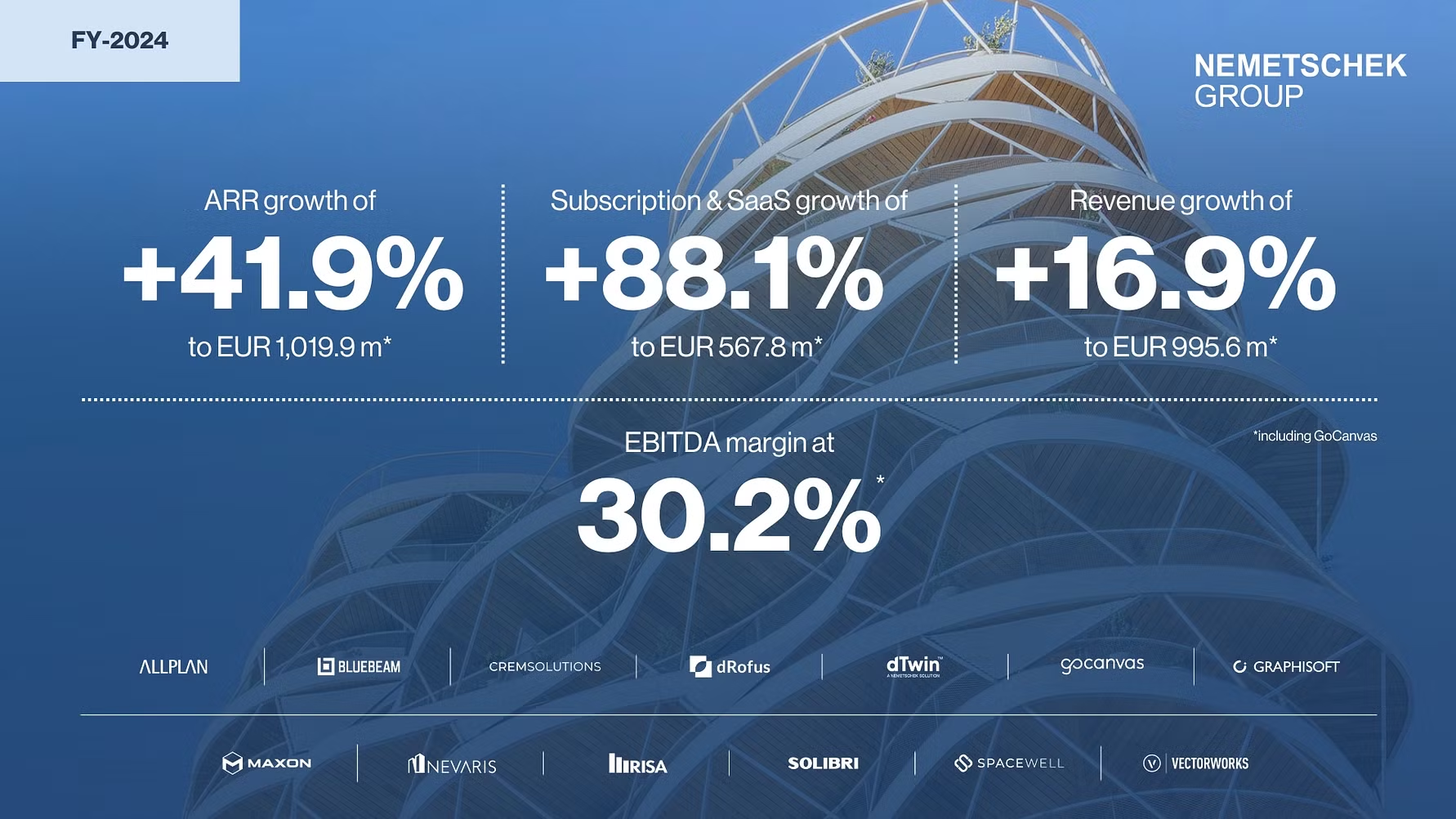The Halifax House Price Index for October 2022 has been released, showing a drop in property price, inflation and growth as economic conditions tighten
The Halifax House Price Index for October 2022 has shown that the average house price fell by -0.4% in October, an increased decline since September’s 0.1% drop.
A decrease in annual growth was also observed from +9.8% to +8.3%, as well as buyer enquiries dropping as rising energy prices, economic turbulence and rising inflation further constrict the capabilities of first-time buyers.
First-time buyers face greater challenges to get on the property ladder
Property price inflation weakened across all buyer types during October, with annual price growth among homemovers falling to +8.9% from +10.3% in September.
More notable was the drop in property prices for first-time buyers. Annual growth fell to +7.5% in October from +10.1% in September.
Given the greater challenges for first-time buyers in deposit-raising, plus tighter requirements for higher loan-to-value mortgages, the relatively faster slowdown in prices is not surprising.
Bank of England figures indicate that the number of mortgages approved to finance house purchases decreased in September 2022, by 10.3% to 66,789. Year-on-year, the September figure was 7.3% below September 2021.
The Halifax House Price Index for October 2022 suggests housing activity is slowing down across the board
The Halifax House Price Index takes into account data from HMRC, the Bank of England and RICS.
HMRC monthly transactions data found that UK seasonally adjusted (SA) residential transactions in September 2022 were 103,930 – up by 0.2% from August’s figure of 103,720 – but down 0.2% on a non-SA basis.
Year-on-year SA transactions were 36.8% lower than September 2021 (32.2% lower on a non-SA basis).
The latest RICS Residential Market Survey in September continues to show a loss in momentum in the sales market.
New buyer enquiries fell for a fifth month in a row to a net balance of -36%, compared to -38% previously. Agreed sales had a net balance of -27% (-22% previously) and new instructions returned a net balance score of – 13% (previously -15%).
Rate of growth slowed in all but one region in England during October
All English regions with the exception of the North East experienced weaker annual price inflation during October compared to September. A typical UK property now costs £292,598 (down from £293,664 last month).
However, the West Midlands now has the joint highest annual growth of any UK region at +11.7% (average property price of £254,962) down from +13.2% the previous month.
The pace of annual property price inflation also slowed in London, which continues to lag the other UK regions and nations. House prices have risen +6.8% over the last 12 months.
However, given the cost of the capital’s average property (£551,320), London still recorded the biggest cash increase of any UK region over the past year (+£34,900).
Similar slowing trend in Northern Ireland, Scotland, and Wales
Wales saw the same rate of annual growth at +11.7%, though this was a fall from +14.4% (average property cost of £222,852).
Scotland has also seen it’s pace of annual house price inflation slow to +7.5% (from +8.3%) with a typical property now costing £203,820.
House prices in Northern Ireland are up +9.5% year-on-year, easing back from +10.9% last month. At £184,440 the average house price remains some £46,500 below its pre-financial crisis peak in mid-2007.
Industry thoughts on the Halifax House Price Index October 2022
Phil Tennant, chief operating officer of iBuyer UPSTIX, said: “The dominant feeling across the market is uncertainty. Annual growth is still healthy but new buyer demand falling by a third is worrying, and this will certainly have an impact down the line. The question is how much.
“While forecasters debate over whether we’ll see a dip of six or sixteen percent, broken chains and collapsing deals are already ramping up, causing headaches here and now. Data elsewhere shows that fall throughs in October have doubled. Broken chains, which already affect one in five in the market, will only get worse. What consumers need are solutions that ensure those part-way through transactions can still complete.”
The long-term impact of economic uncertainty leaves a gloomy forecast for first time buyers
Gary Wright, co-CEO of payment technology firm flatfair, said: “The question on everyone’s lips is how high, and how sustained, interest rate rises will be. Understandably, the worry is how this will affect mortgage holders. But studies from the Centre for Macroeconomics and the European Economic Review have clearly demonstrated that higher rates mean higher rents down the line.
“Existing homeowners are fairly well insulated from any shocks. Banks have largely learned their lessons from 2008, there are far fewer unsustainably high-LTV loans in the market, and more than a third of houses are owned outright. It’s new buyers who will bear the brunt of rising unaffordability. It drives home the need for a more coordinated package of support for those living precariously in the private rented sector.”
Shockwaves from the catastrophic Truss mini-budget are still being felt
Joshua Raymond, director at online investment platform XTB.com comments:
“This is the fastest drop in UK house prices since February 2021 and is most certainly as a result of the car crash mini-budget. The mini-budget saw more than 1000 mortgage deals withdrawn from the market with borrowing costs rising through the roof. It’s therefore no surprise to see house prices fall sharply as sellers would have needed to offer deep discounts to agree sales given the rise in borrowing costs for buyers. It’s also quite likely that deals were re-negotiated to lower sales prices given the turbulence in the mortgage market at the time, which may have exacerbated the decline further.
“There’s every chance that this fall in house prices could be set to continue as the rise in borrowing costs has taken a large degree of demand out of the market. Whilst borrowing costs have started to ease, they are still far higher than most mortgage rates offered over the summer.
”The one bright spot could be the fact the Bank of England has indicated they won’t hike interest rates much further and the market is overestimating how high rates will go. That could help to ease those mortgage rates offered for longer term fixed deals. Nevertheless, the mortgage market remains highly turbulent.”














